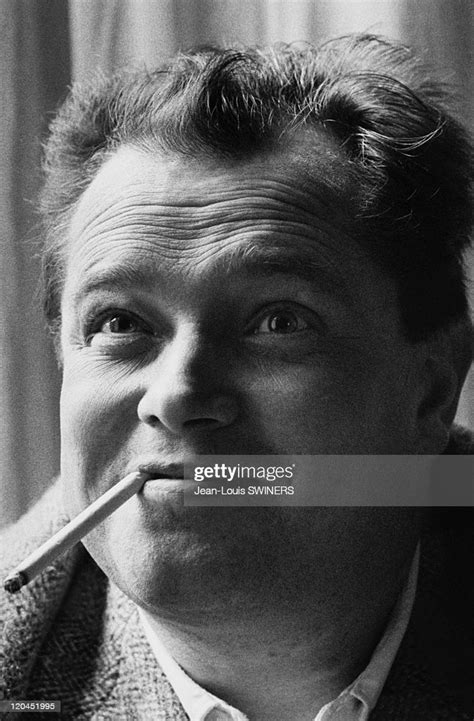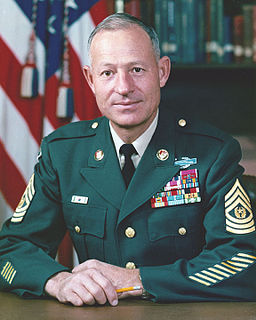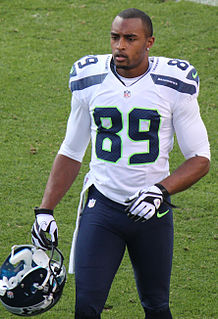A Quote by Antony Beevor
The majority of soldiers and officers of the Soviet Army and the allied armies treated the local population humanely.
Related Quotes
I'd like to have two armies: one for display with lovely guns, tanks, little soldiers, staffs, distinguished and doddering generals, and dear little regimental officers who would be deeply concerned over their general's bowel movements or their colonel's piles, an army that would be shown for a modest fee on every fairground in the country.
There are three ways in which a ruler can bring misfortune on his army: By commanding the army to advance or to retreat, being ignorant of the fact that it cannot obey. This is called hobbling the army. By attempting to govern an army in the same way as he administers a kingdom, being ignorant of the conditions which obtain in an army. This causes restlessness in the soldier's minds. By employing the officers of his army without discrimination, through ignorance of the military principle of adaptation to circumstances. This shakes the confidence of the soldiers.
We want the Army to be society's model of fair treatment. We want to assure that all soldiers are treated fairly, not because it is necessary but because it is right. Those units that have the fewest incidents are those whose noncommissioned officers really know their men and take a personal interest in their welfare.
I have left the obvious, essential fact to this point, namely, that it is the Russian Armies who have done the main work in tearing the guts out of the German army. In the air and on the oceans we could maintain our place, but there was no force in the world which could have been called into being, except after several more years, that would have been able to maul and break the German army unless it had been subjected to the terrible slaughter and manhandling that has fallen to it through the strength of the Russian Soviet Armies.
We have an army for fighting as well as an army for labour. For fighting, we have the Eighth Route and New Fourth Armies but even they do a dual job, warfare and production. With these two kinds of armies, and with a fighting army skilled in these two tasks and in mass work, we can overcome our difficulties and defeat Japanese imperialism.
Over the past years, I have lectured many times on the Cuban missile crisis, most provocatively to 200 senior officers of the former Soviet army in Moscow in 1991, among them KGB generals. There, my knowledge of Penkovsky's role was thoroughly confirmed, and so was the Soviet military men's residual sense of humiliation at Khrushchev's 'blink'.
There used to be the Soviet Union and the Warsaw Pact. There used to be Soviet troops in the GDR. And we must honestly admit that they were occupation troops, which remained in Germany after WWII under the guise of allied troops. Now these occupation troops are gone, the Soviet Union has collapsed, and the Warsaw Pact is no more. There is no Soviet threat, but NATO and U.S. troops are still in Europe. What for?
We have to enforce training that is more emphasized on de-escalation tactics and crisis management control. Once we do that, then we have to put measures in place to reward the officers who are the good officers, which is the majority of them. Then we have to hold accountable the officers that are not abiding by the policies and those laws.
[T]he hour is fast approaching, on which the Honor and Success of this army, and the safety of our bleeding Country depend. Remember officers and Soldiers, that you are Freemen, fighting for the blessings of Liberty - that slavery will be your portion, and that of your posterity, if you do not acquit yourselves like men.






































